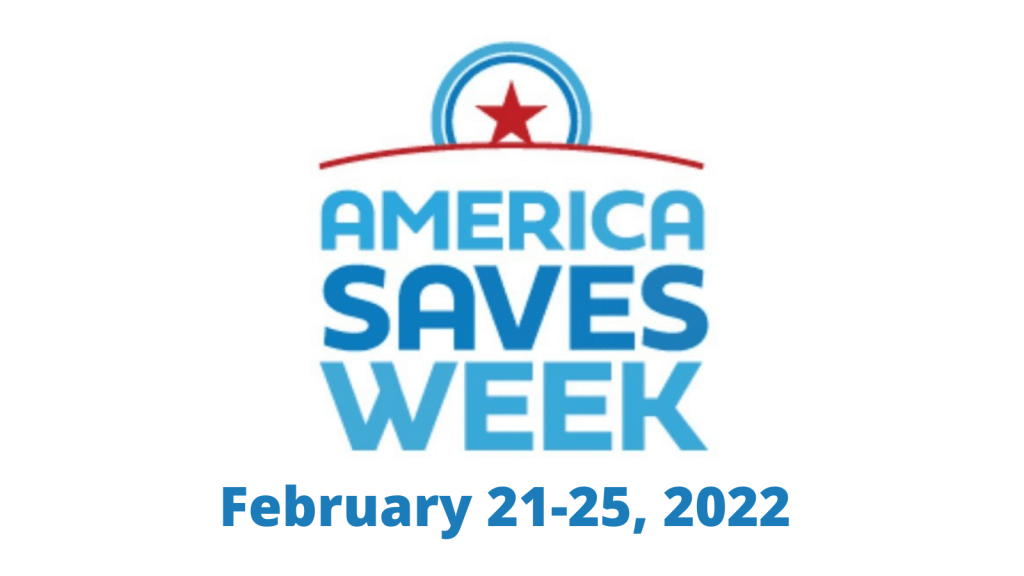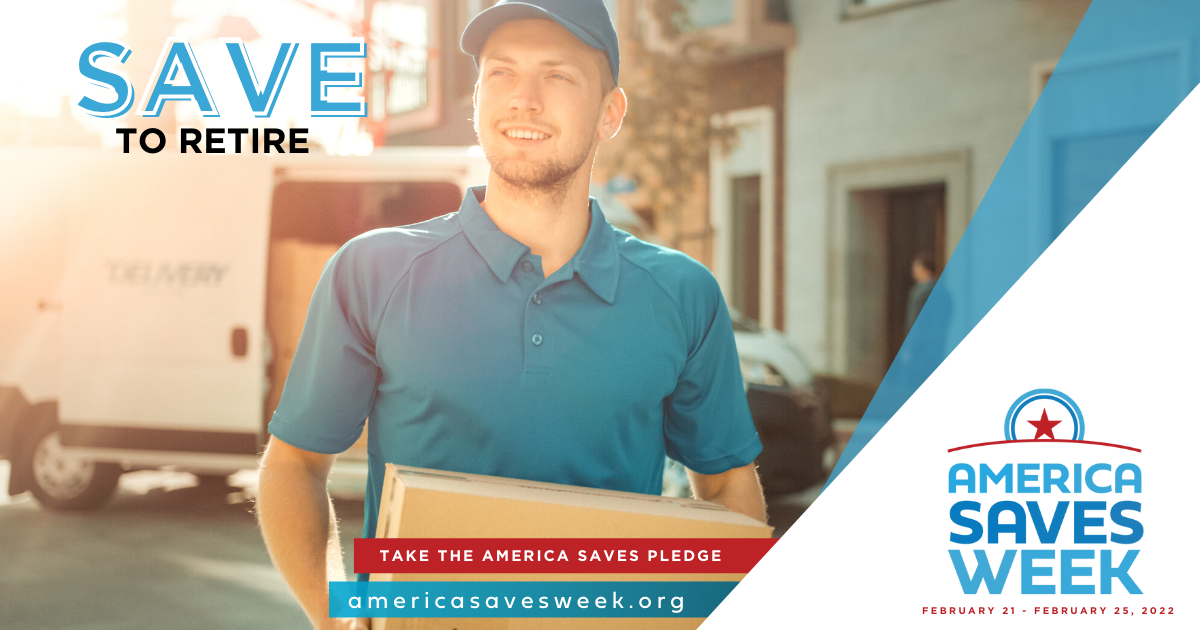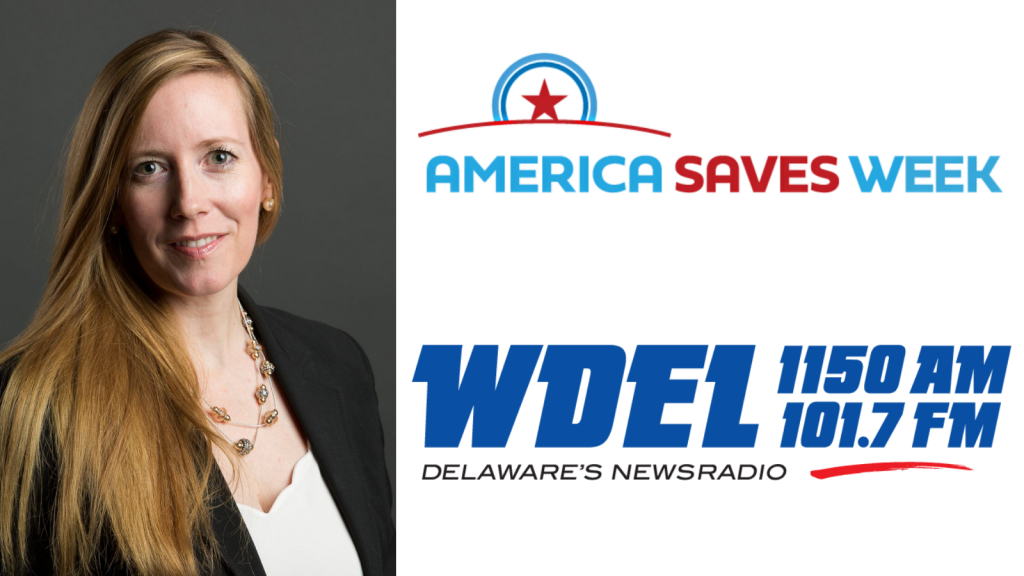
The State of Delaware is once again proud to participate in America Saves Week, encouraging everyone to do a financial check-in and get a clear view of their finances. This year’s theme is “Building Financial Resilience.”
Being financially resilient is more than having access to money; it includes being conscious of your own financial landscape, being aware of available resources, and being willing to seek out and take advantage of opportunities that will support and increase your financial wellness.
We start kids young with almost everything— sports, school, so why not saving? We are always looking The earlier that you have a positive mindset around saving, the easier it is to save successfully as an adult.

Did your family talk about money growing up? Meet Amy B., who shares how the differences in her upbringing and her husband’s shaped how they handled finances as an adult.
An important part of building financial resilience is reducing the amount of debt you carry. As you pay down debt there are natural benefits, including increasing your credit score, saving money on interest and fees, and gaining more disposable or discretionary income to allocate as you see fit.

Meet Ben— a husband, father of four, and the Senior Communications Manager at America Saves. He shares how his family approaches debt — both paying it off and leveraging it when necessary.
Retirement is one of those endeavors that fall into the “someday” category. When living your day-to-day life as a person in their 20s, 30s, and even your 40s and those everyday expenses pop up, it’s more difficult to save for something that is seemingly so far away. But don’t wait, the time will come, along with the need for money, before you know it.

Have you ever thought about your “dream retirement”? It’s important to know this to help determine just how much to save.
Here are “Six Steps to Jumpstart Your Retirement Savings.”
Meet Jennifer, a business owner & military spouse who began to think about retirement early thanks to her upbringing.
For years we’ve been warned to save for the emergency that’s just around the corner. While the phrases “emergency savings” and “rainy day funds” are commonly used, both presume that emergencies are bad — and that’s not entirely true. Sometimes the unexpected is a fun OPPORTUNITY, not a disaster.

Meet Rachel B., an attorney, entrepreneur, and Mom of 5. She’s sharing her story of an unexpected health crisis that was the catalyst for her family working towards financial stability.
The easiest and most effective way to save is automatically. That simply means you have a process in place to save at regular intervals, whether that’s monthly, weekly, or daily. Over time, these automatic deposits add up. For example, $50 a month accumulates to $600 a year and $3,000 after five years, plus interest that has compounded. Soon you will be able to cover unexpected expenses without putting them on your credit card or taking out a high-cost loan, and have a head start on savings for homeownership, education, or even a vacation.

Meet Sherri, a Saver from Clarksville, TN who lost her job at the onset of the pandemic in early 2020. Thanks to having automatic savings set up, her family was able to be less financially stressed.
